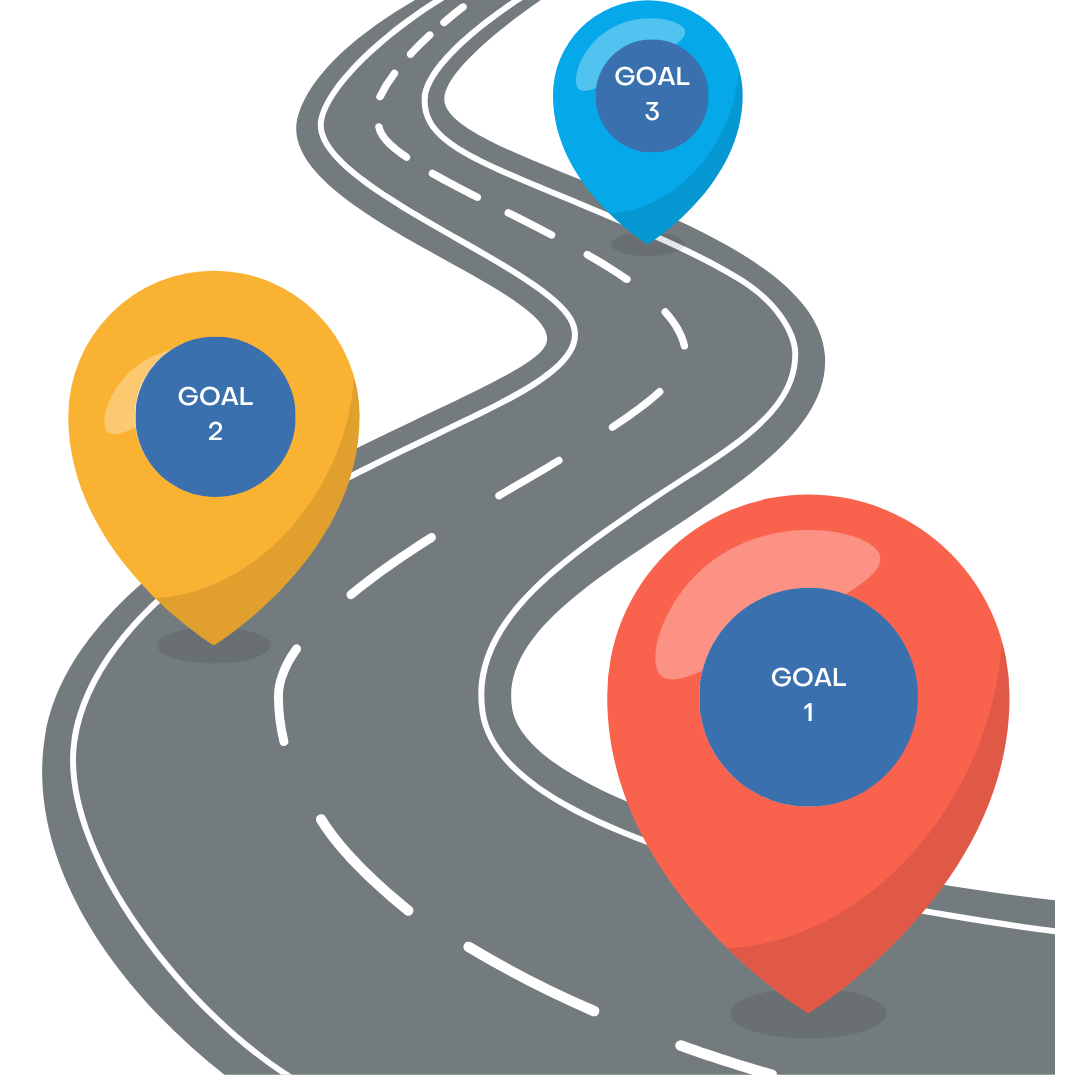Is Mental Resilience the Next Sustainability Strategy for Corporations?
Is Mental Resilience the Next Sustainability Strategy for Corporations?
When it comes to ensuring the success of any organization, emphasis is usually focused on professional development, project management, and implementing new technology systems. However, what’s quickly emerging is a new success sustainability strategy that could yield far greater results and impact for companies – especially those in the life sciences space.

The pandemic coupled with the Great Pause has ushered in a new conversation for corporate leaders to consider. One that must put people first and how they perceive themselves and others as the focal point of future organizational success.
With over 52% of employees https://www.forbes.com/sites/jackkelly/2021/04/05/indeed-study-shows-that-worker-burnout-is-at-frighteningly-high-levels-here-is-what-you-need-to-do-now/?sh=7b6124eb23bb now reporting feeling stressed, burnt out, or overwhelmed at work, companies can no longer ignore the internal factors that can be plaguing workplace performance. Because although workloads can be reduced, some work roles and industries will always have a high level of inherent stress and performance-based expectations.
Take, for example, the grueling nature and pressure that is felt during a new drug launch. It may be impossible to reduce the massive workload required of product launch teams to execute a successful global launch. However, the way to guarantee optimal performance can be found by nurturing an important and often overlooked ‘internal strategy’.
It’s called mental resilience. And, for most team leaders it’s a learned skill that is often unaddressed, underdeveloped, and widely ignored. But the consequences of not developing this skill can be seen in almost every workplace and within every team throughout the corporate ladder.
Because by not equipping our leaders with the skills, habits, and tools they need to remain mentally resilient, it manifests itself into:
- Miscommunication between team members or strained team dynamics because people misinterpret social cues or feedback as being an attack on them personally.
- Discontent or complete apathy toward work because the stress and overwhelm of the role has been unmanaged and people have disconnected with their sense of purpose.
- Delays in project delivery due to avoidable conflicts, lack of communication, or team members not wanting to or being unable to work effectively together.
- Emotional outbursts or emotionally withdrawing that leaves everyone feeling like they’re walking on eggshells.
However, when leaders are taught how to be mentally resilient, they’re not only able to approach their work and their teams with optimism and positivity, but they’re also able to perform in three core areas: challenge, commitment, and control.
Challenge – Resilient leaders know how to remain unshaken when obstacles or delays arise. Rather than viewing setbacks as a failure, they’re able to view it as a challenge that presents a learning opportunity for themselves and their teams to grow.
Commitment – When leaders have a resilient mindset, they stay focused on the end goal and the shared vision for the company. This enables them to take ownership of their actions and effectively plan without emotions getting in the way so they can pivot and execute to reach their strategic goal.
Control – Spending time in overwhelm, stress, and conflict drains leaders of their energy. And, because our thoughts dictate our emotions, which in turn determine our actions and later the subsequent results – staying in control of how we view the world is so important. Resilient leaders have this mastered and know how to stay unrattled so they can channel their time and energy into the right areas that will get the right results.
Are you as resilient as you need to be in your role?
If the answer is “no” or “I’m not sure”, I’d love to connect and share some resources that can help you build an unshakable level of mental resilience – no matter the industry you’re in.












